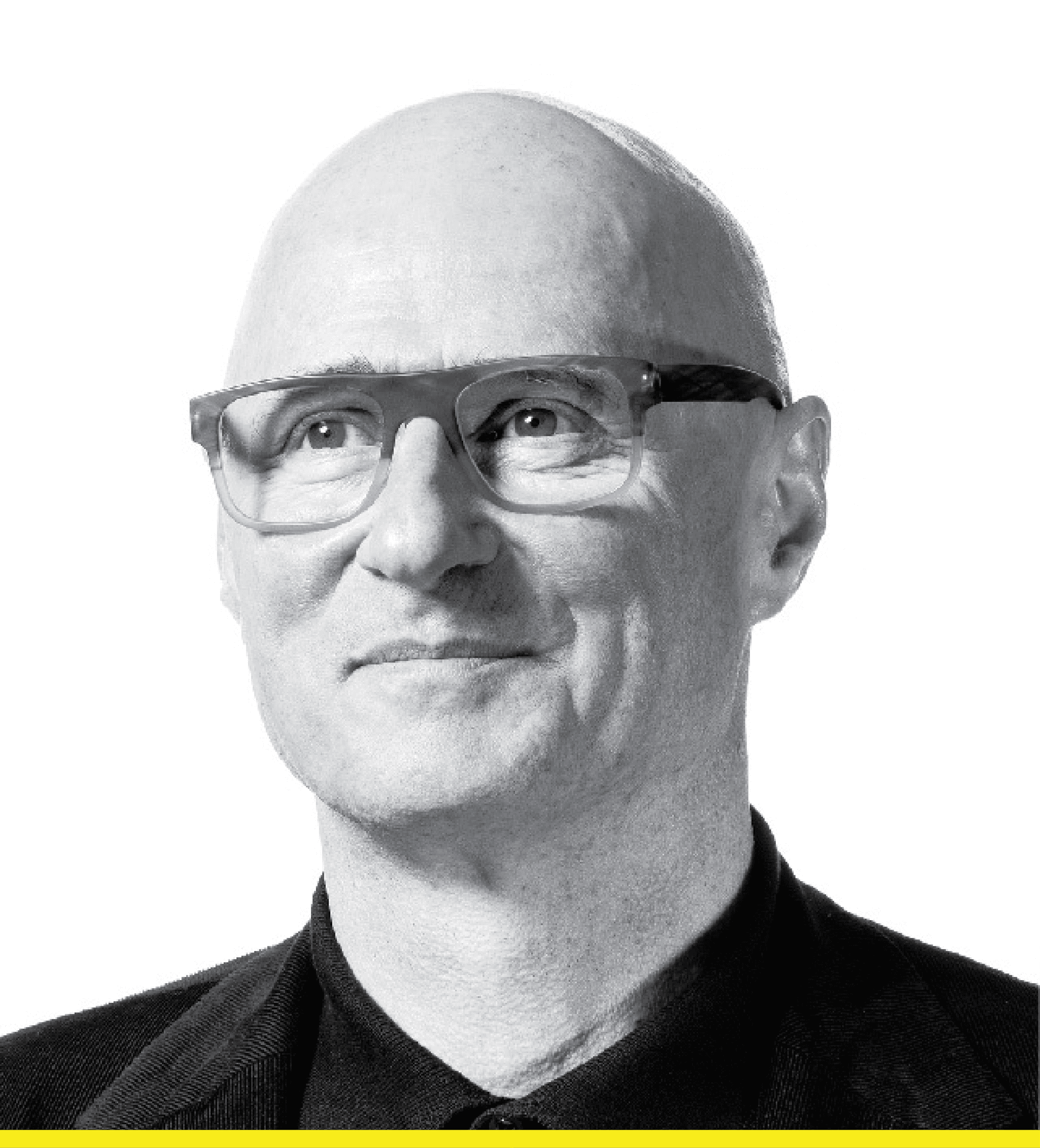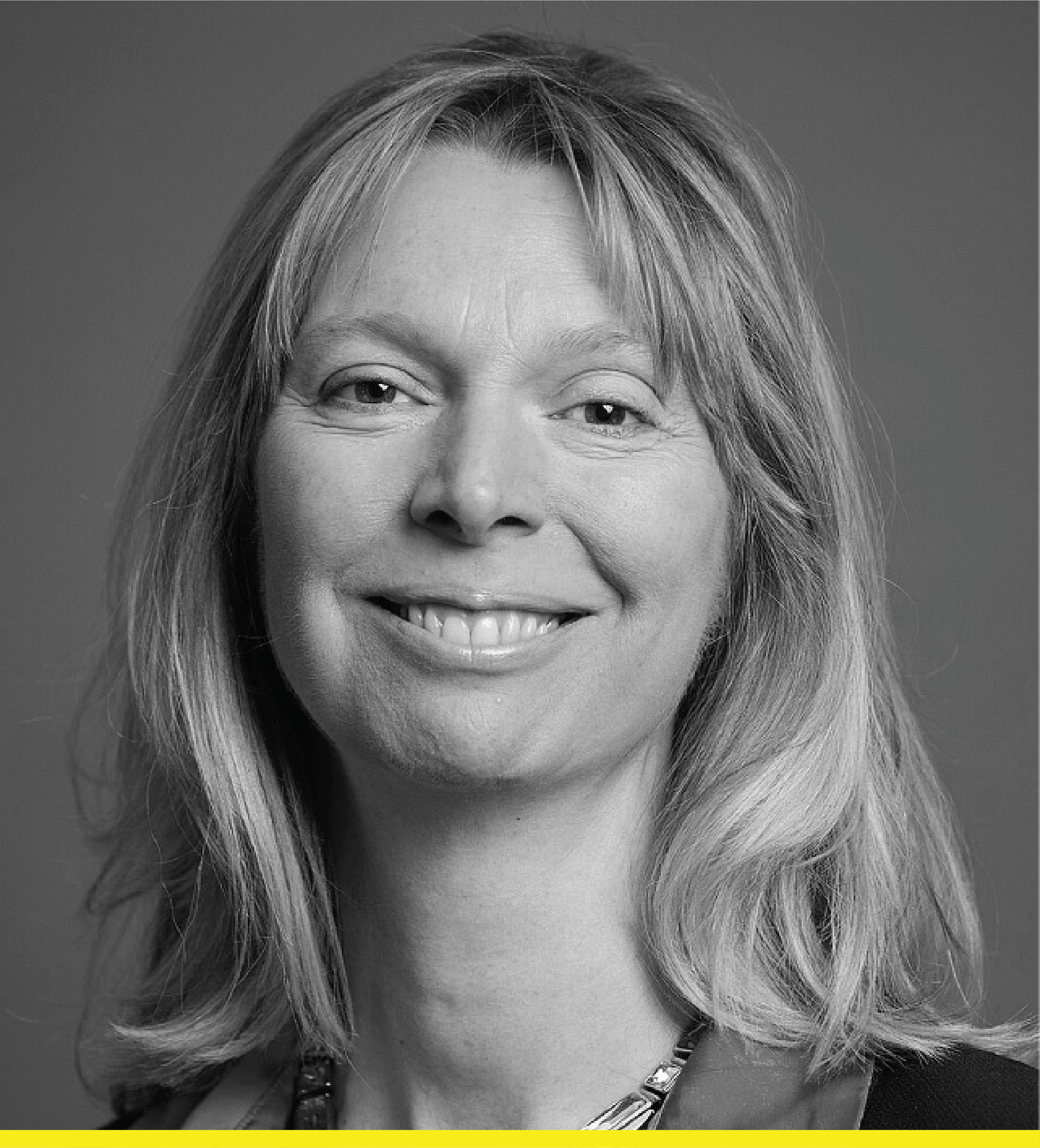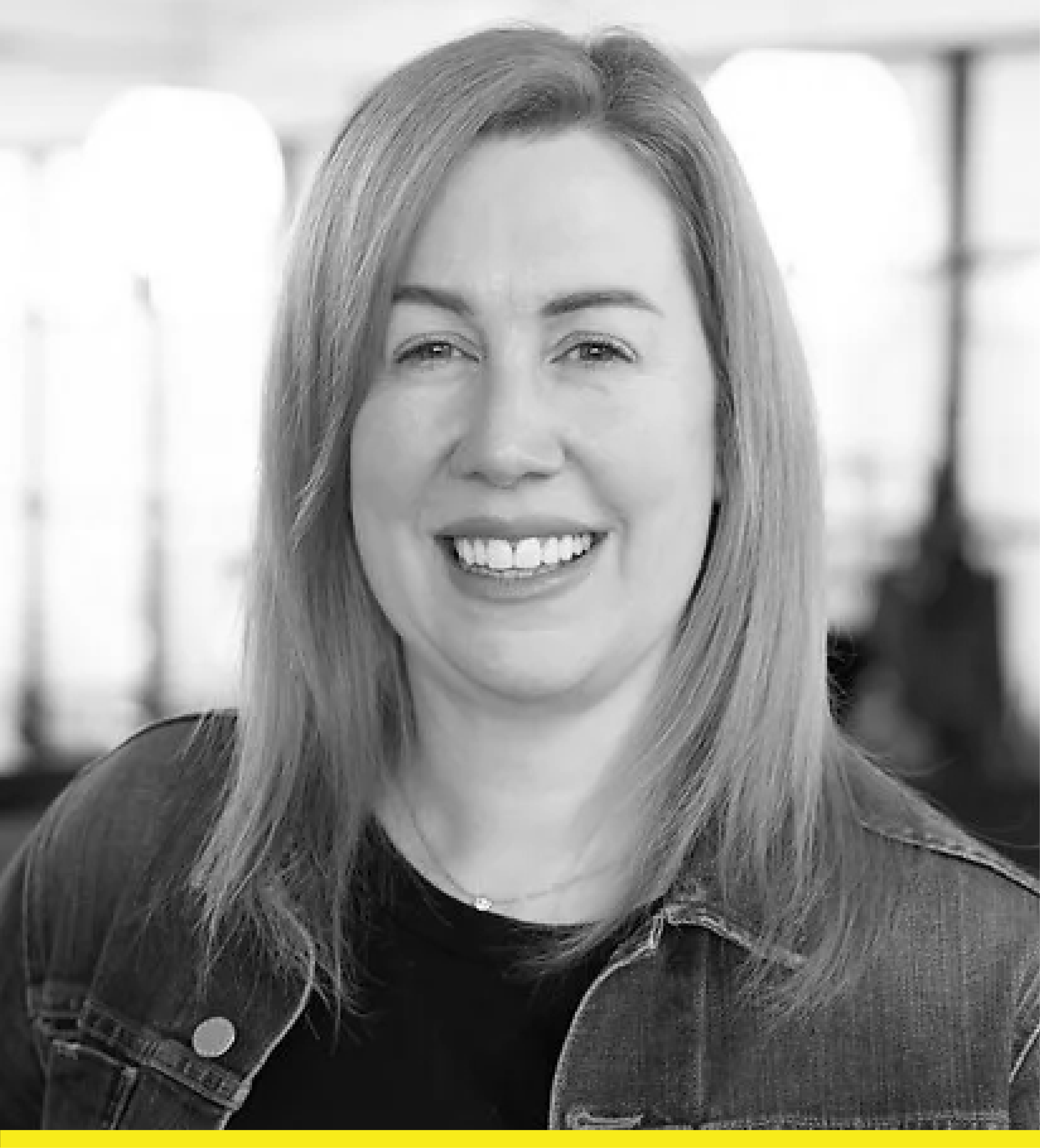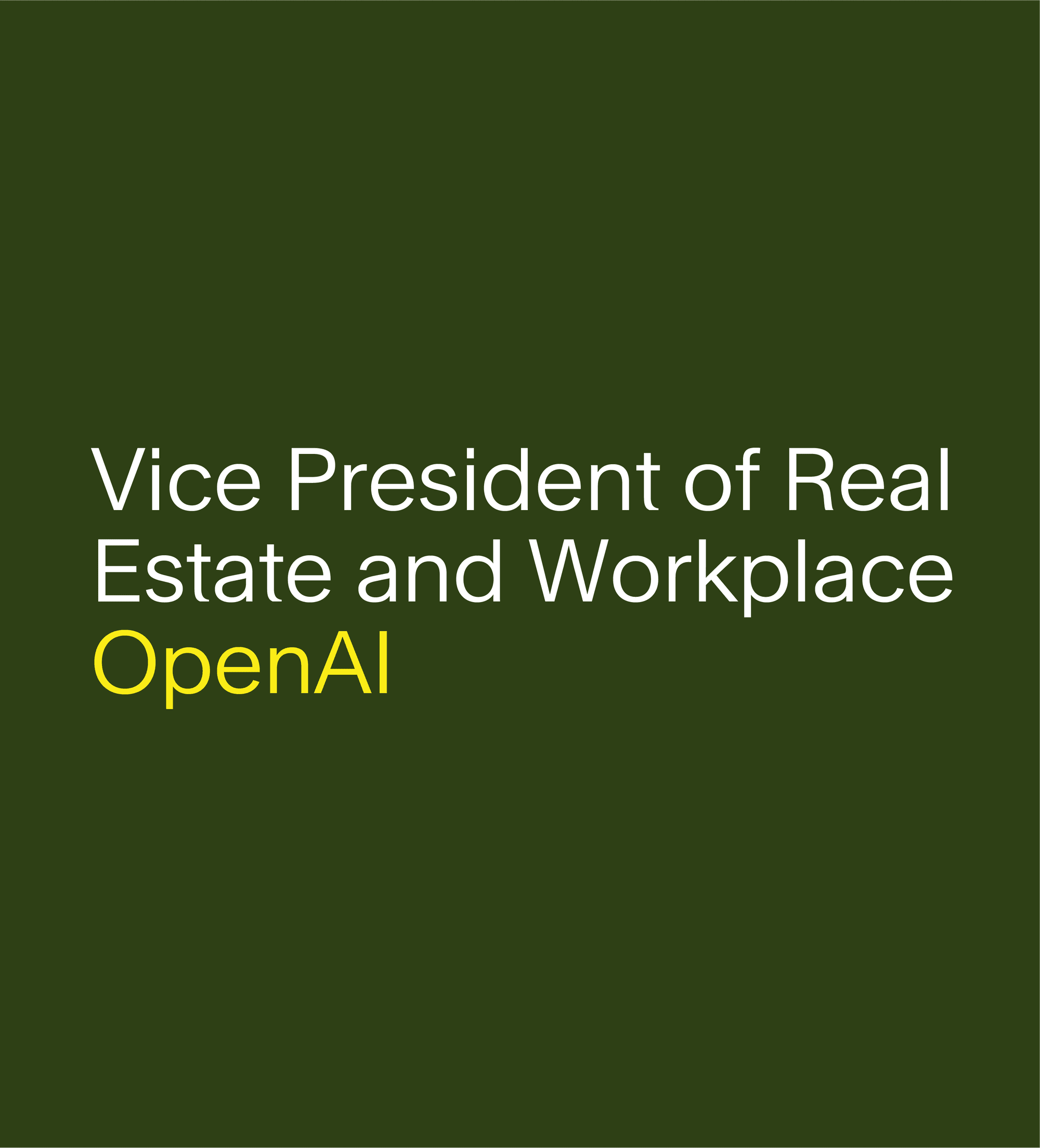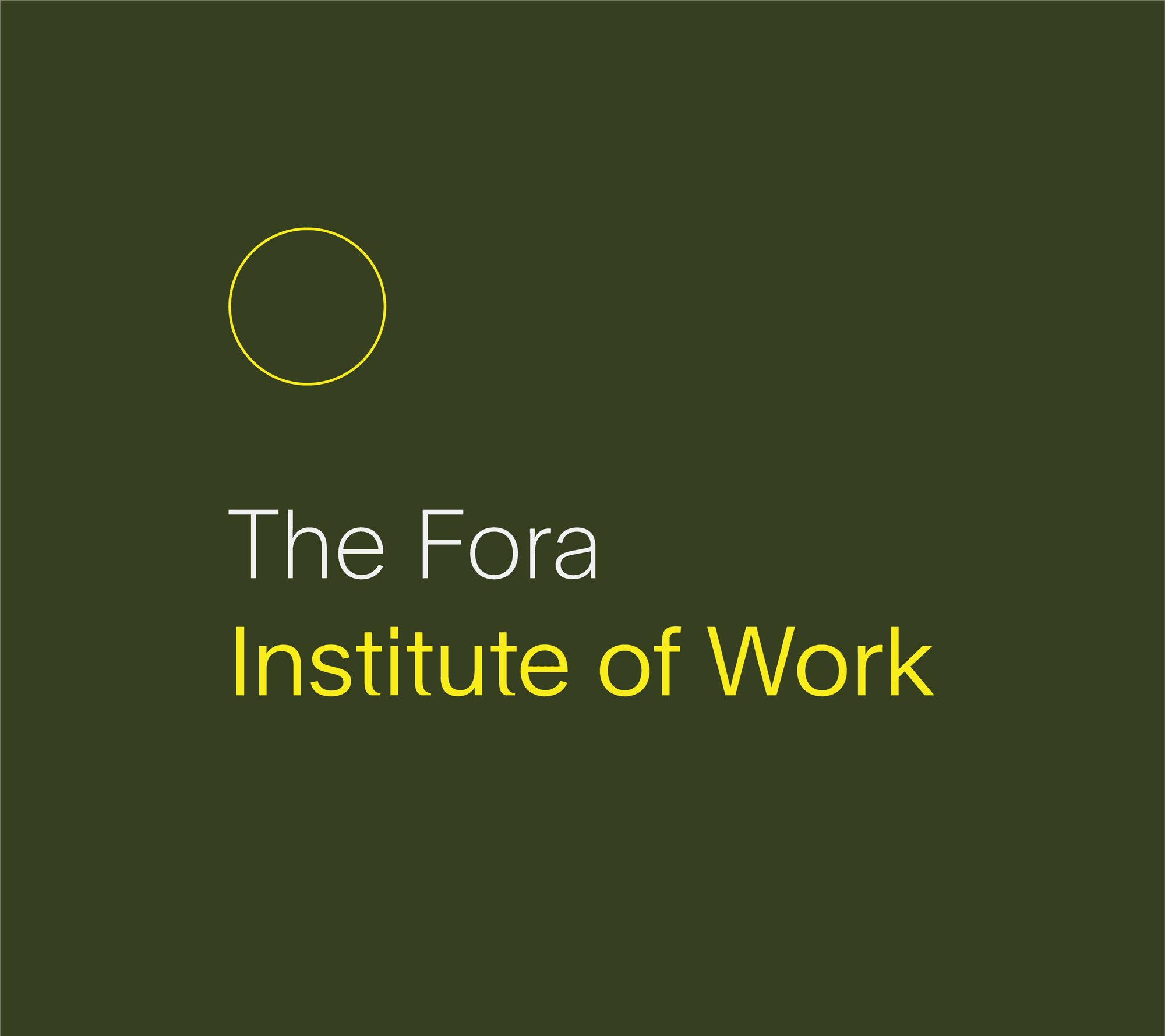
Our advisory board
We’re fortunate to have the guidance of an incredible advisory board: award-winning journalist, former Head of the Prime Minister’s Policy Unit, and Financial Times columnist, Camilla Cavendish; CEO of the Royal Society of Arts and former Bank of England Chief Economist, Andy Haldane; OpenAI’s VP of Real Estate and Workplace, Tracy Hawkins; Senior Director at Google UK, David Black; acclaimed author, podcaster, and work futurist, Julia Hobsbawm; and past President of RIBA and founder of AHMM, Simon Allford.
Sign up to the monthly newsletter to hear their insights on how work is evolving.
Meet our advisory board
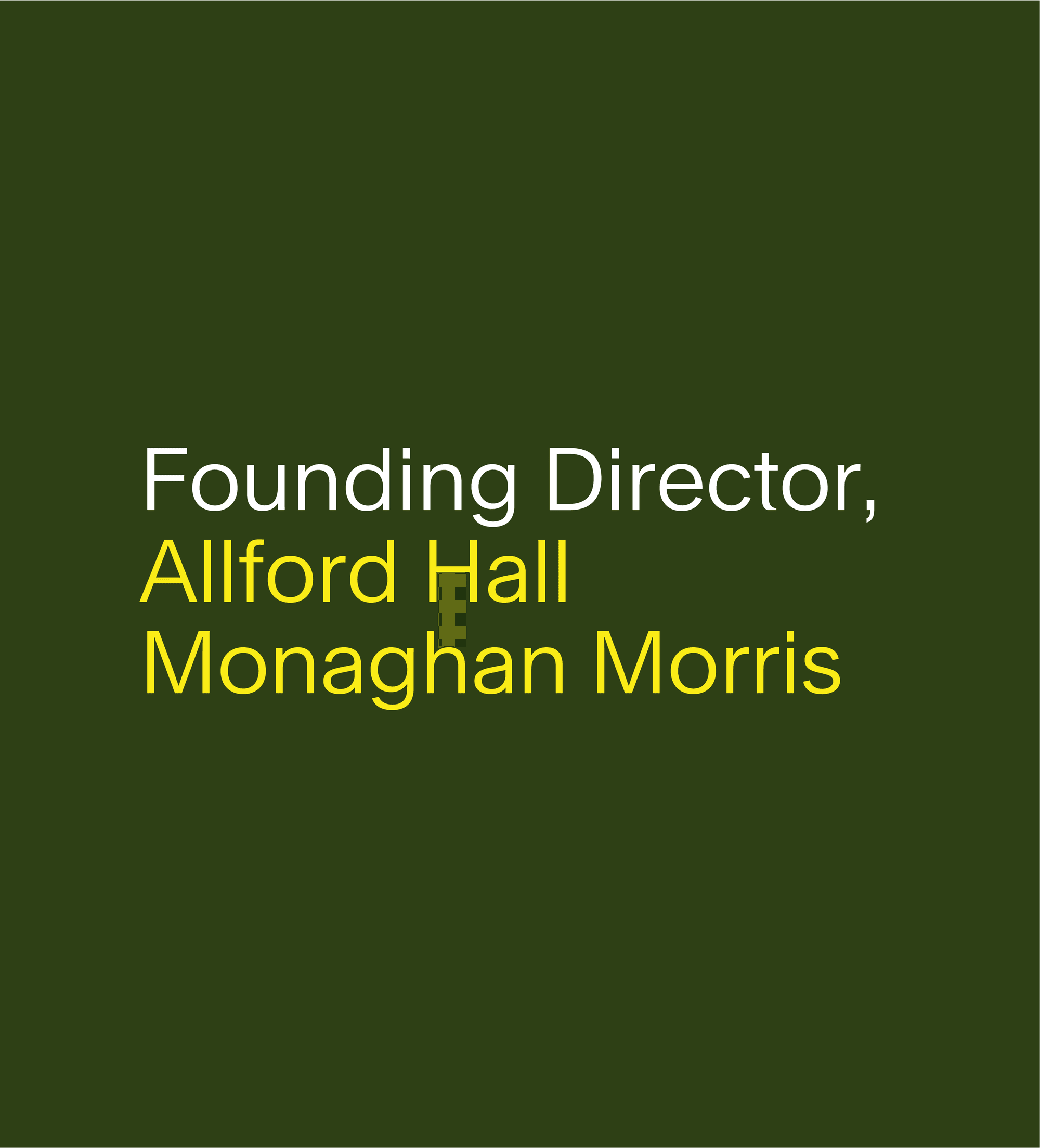
About Simon
Simon is a founding director of Allford Hall Monaghan Morris. He leads a studio of two hundred architects working around the world on the design and construction of projects. Currently he is a Trustee of the London School of Architecture, The Grimshaw Foundation and Chickenshed Theatres Trust. Simon is a former chair of the Architecture Foundation and is Immediate Past President of RIBA.

Simon’s thoughts on The Fora Institute of Work
“Work is a thing you do not a place you go’ was a millennial slogan. Catchy as it is, I fundamentally disagree with the proposition. To me ‘work is a place you go to do things with other people – be it the office, the school, the factory, the city’ – I look forward to the discussion on this and much more.”
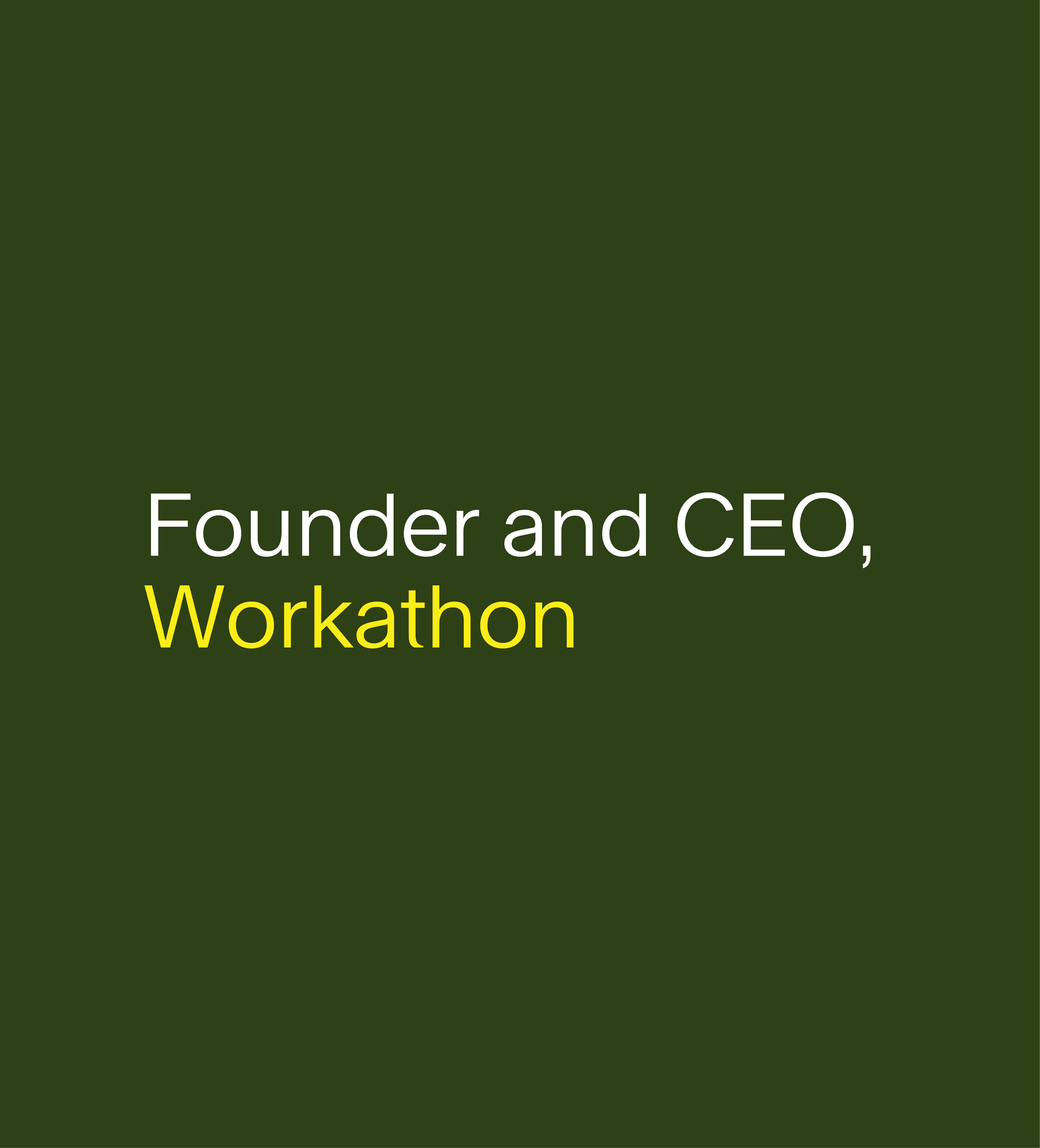
About Julia
Julia is the Founder and CEO of the work trends and work change organisation Workathon. Her books address the way we live and work today and include Fully Connected; The Simplicity Principle; The Nowhere Office and Working Assumptions. She co-hosts the podcast The Nowhere Office.

Julia’s thoughts on The Fora Institute of Work
“As someone who lives and breathes the way we live and work in my own work I could not be more delighted to join this fascinating new initiative.”

About Camilla
Camilla is an award-winning journalist and broadcaster and the author of “Extra Time: Ten Lessons for an Ageing World”. She is a Non-Executive Director at the Department of Health and Social Care, a Research Fellow at Harvard’s Kennedy School and Contributing Editor at the Financial Times, where she writes a weekly OpEd column. Camilla was Head of the Prime Minister’s Policy Unit under David Cameron.

Camilla’s thoughts on The Fora Institute of Work
“The multi generation workplace poses all sorts of challenges in terms of communication and assumptions… But there are also tremendous benefits which can come from well managed multigenerational teams.”

About Andrew
Andrew is the Chief Executive of the Royal Society of Arts. He was formerly Chief Economist at the Bank of England and a member of the Bank's Monetary Policy Committee. He was the Permanent Secretary for Levelling Up at the Cabinet Office from September 2021 to March 2022. Andrew is Founder and President of the charity Pro Bono Economics and Vice-Chair of the charity National Numeracy.

Andrew’s thoughts on The Fora Institute of Work
“At a time when the world of work is being fundamentally reconfigured by technology and demography, The Fora Institute of Work provides a wonderful setting to understand and shape the role of business and public policy in making this transition a success.”
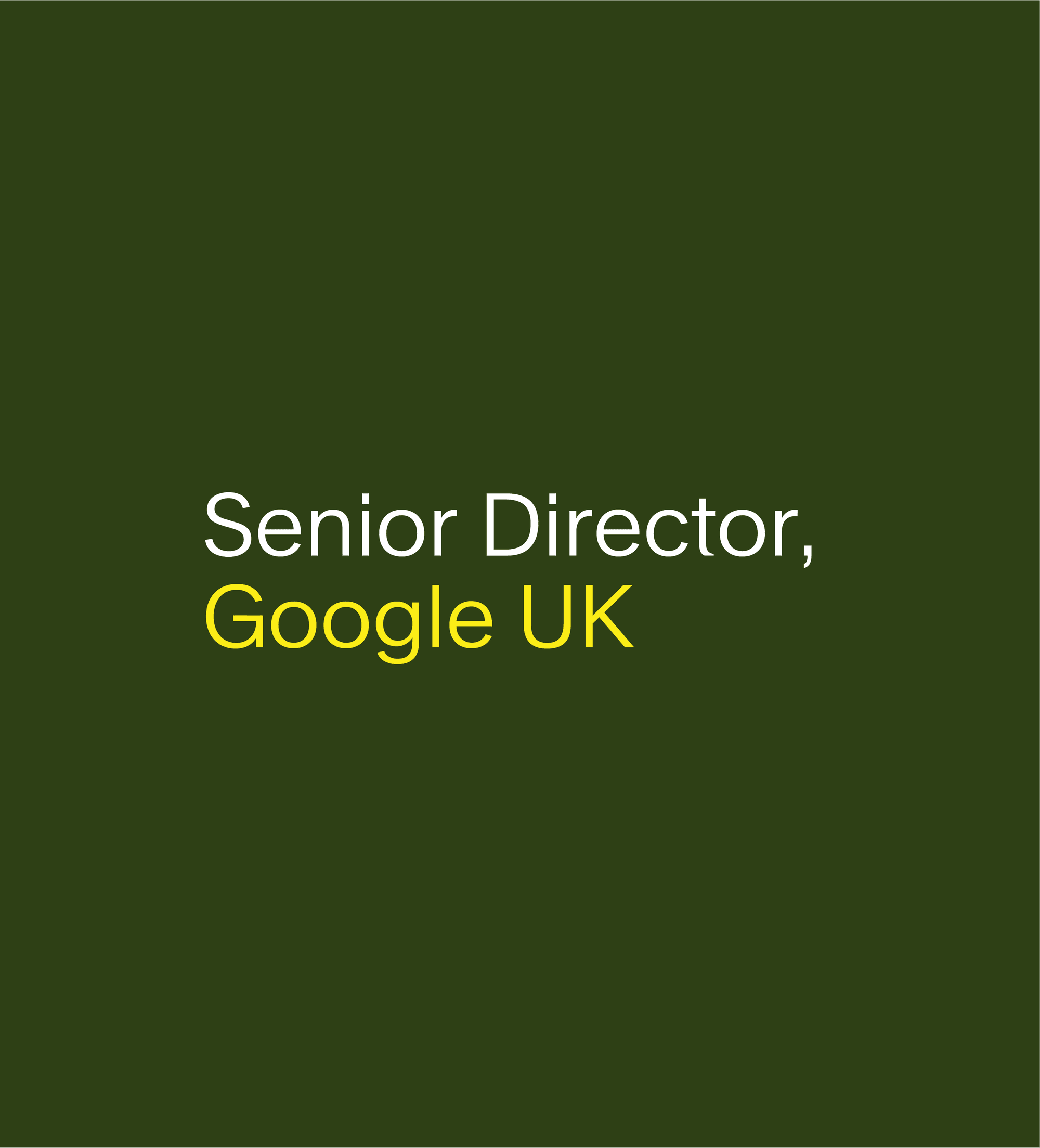
About David
David is senior director at Google UK, leading Google’s business, growth and partnerships in some of Britain’s biggest industries. He joined Google in 2011 and has held a number of senior business leadership roles both in the UK and in Google’s EMEA headquarters in Ireland. He serves on the Advisory Board and chairs the Technology Leadership Group of the Prince's Trust.

David's thoughts on The Fora Institute of Work
"I'm passionate about helping everyone to make the most of the opportunity that technology provides. AI-powered technologies and digital skills are key to unlocking economic growth and improving working lives across the UK. I'm looking forward to exploring this with The Fora Institute of Work."
Our advisory board co-chairs

Introducing the chairs of our advisory board
The Fora Institute of Work is co-chaired by David Marks, Chief Executive Officer and Co-founder of Brockton, and James Harding, Editor-in-Chief of The Observer and Co-founder of Tortoise Media.
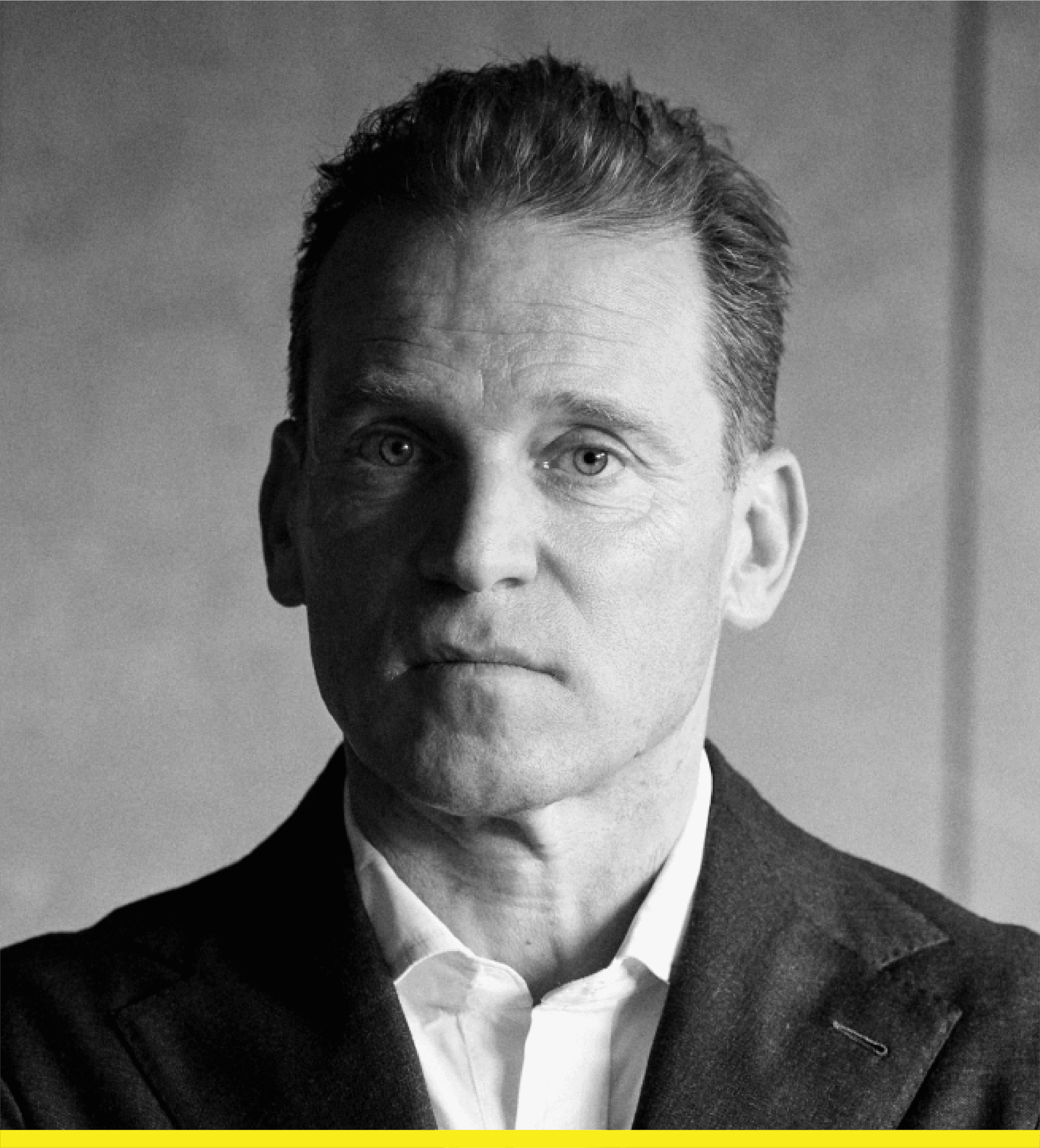
David Marks, CEO, Brockton
David Marks is CEO and Co-Founder of Brockton. He is responsible for Brockton’s overall strategy and execution and is directly involved in all investments, including originating, underwriting, executing, financing and asset managing. David holds a Bachelor’s degree in Politics and Modern History from the University of Manchester, UK and a Master’s degree in Real Estate from MIT, Boston. David was President of the BPF (British Property Federation) in 2013-2014, was a member of the Bank of England’s Commercial Property Forum from 2006-2016, has been a Trustee at the National Gallery since 2017 and a Trustee of the Architecture Foundation since 2019.
Find out more about Brockton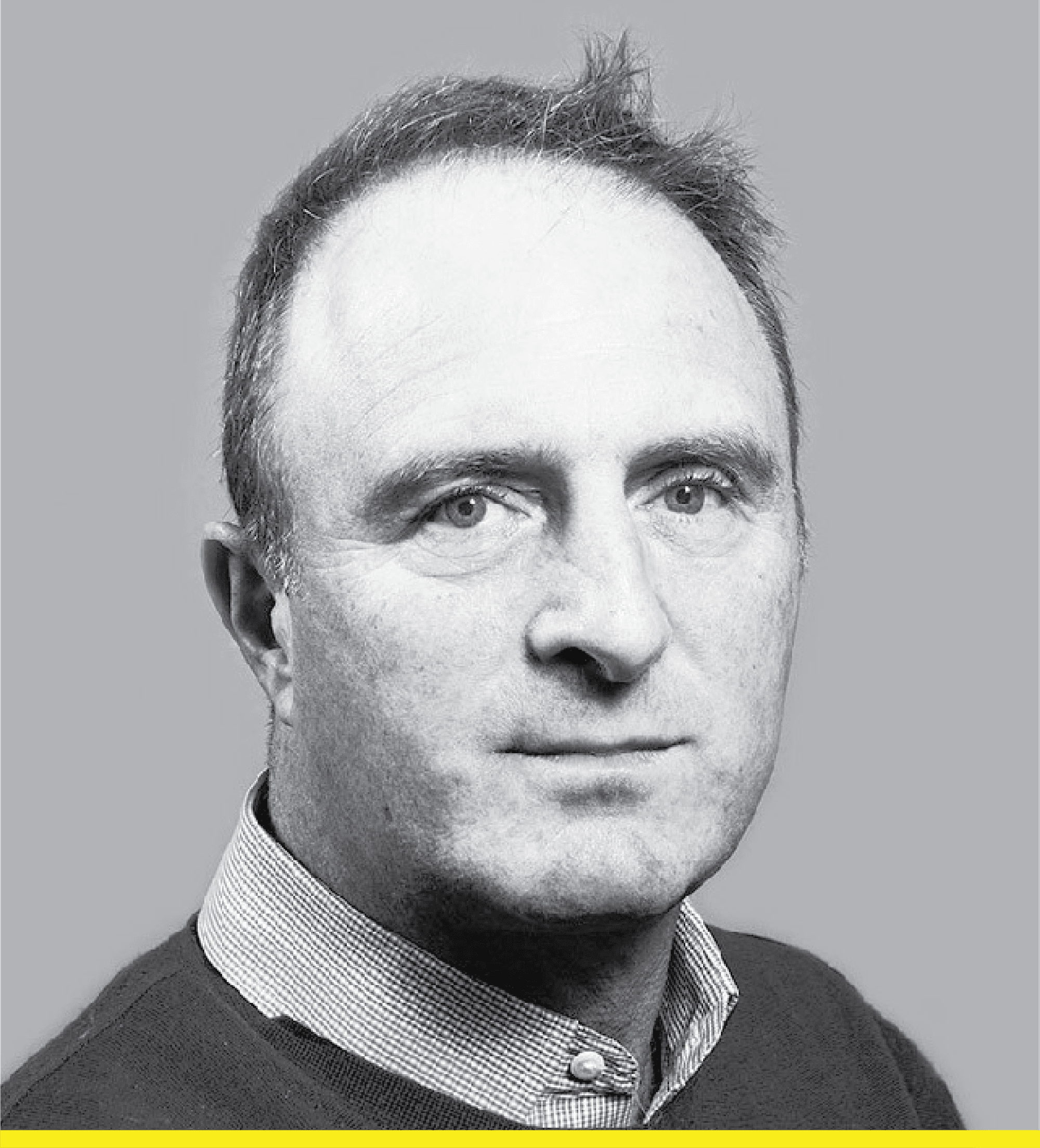
James Harding, Editor and Co-founder, Tortoise Media
James is the Editor-in-Chief of The Observer and Co-founder of Tortoise Media. Prior to this, he served as Director of News and Current Affairs at the BBC, the world’s largest news organisation. From 2007 to 2012, he was Editor of The Times, during which the paper won Newspaper of the Year twice. Before that, he was Business Editor at The Times, and previously worked at the Financial Times. He is the author of Alpha Dogs – How political spin became a global business and he presented On Background on the BBC World Service.
Find out more about Tortoise Media
Sign up to receive The Fora Institute of Work newsletter.
The Fora Institute of Work newsletter delivers monthly insights from our expert advisory board, offering fresh thinking, emerging trends, and thoughtful analysis for those shaping the future of work.
News in brief

Culture: Making sense of WFH
The debate over remote work continues to divide corporate leaders. Some argue that in-person collaboration is essential for productivity and company culture. Others see flexible work arrangements as a competitive advantage. JPMorgan CEO Jamie Dimon has been vocal in his opposition to remote work...
Read more
Society: An office space matters for inclusivity
Workplaces are evolving to better support neurodivergent employees, with companies recognising that inclusive design isn’t just ethical – it’s a strategic advantage. Research suggests that teams with neurodivergent members can be up to 30% more productive, yet traditional office spaces can be challenging for those with autism, ADHD or dyslexia... JPMorgan CEO Jamie Dimon has been vocal in his opposition to remote work...
Read more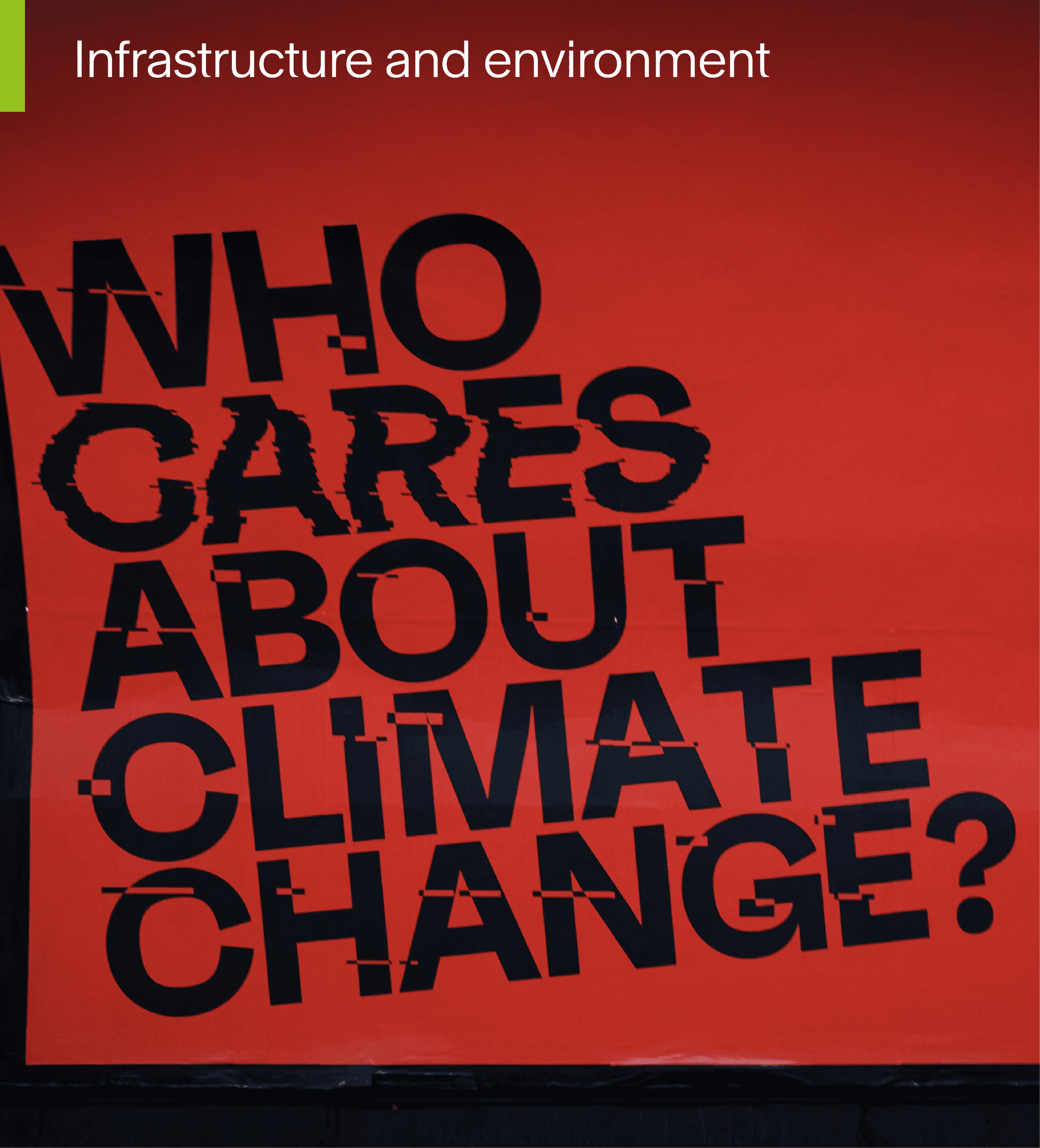
Environment - Climate change on the back burner
As companies attempt to balance sustainability goals with financial performance, environmental targets are increasingly influencing executive compensation and corporate strategy. Meeting net-zero commitments presents particular challenges, especially when it comes to supply chains and operational emissions, which often fall outside direct company control...
Read more
